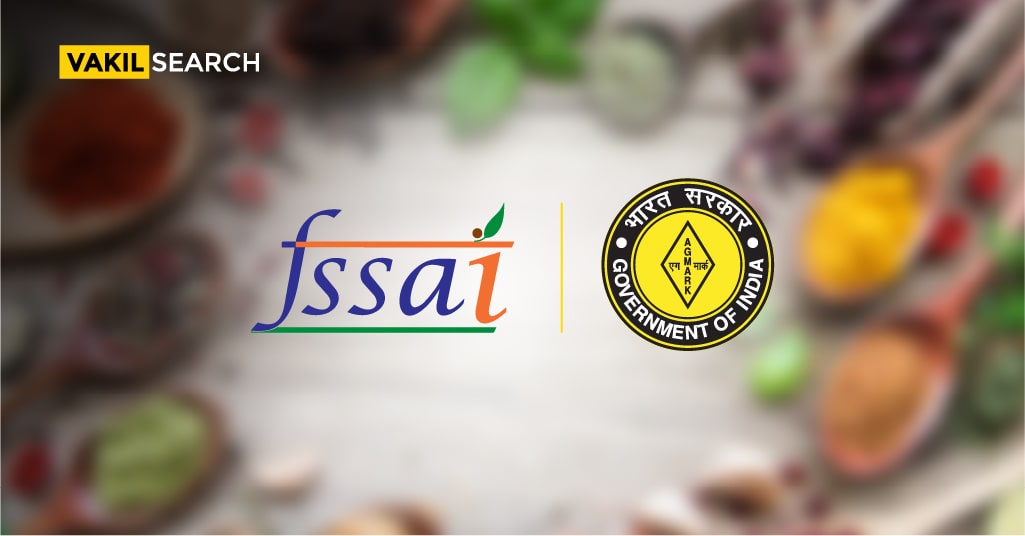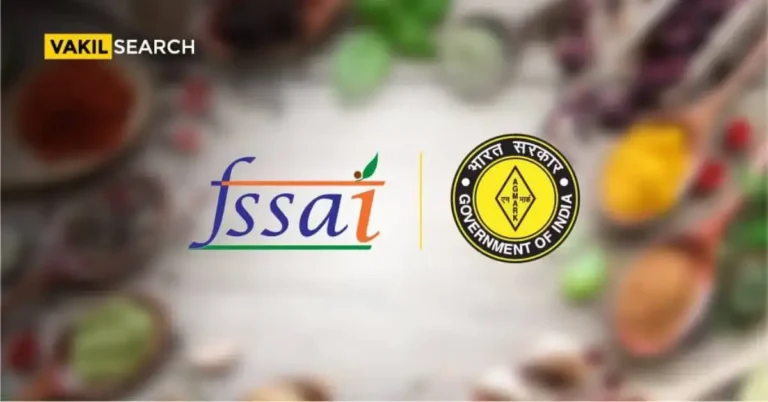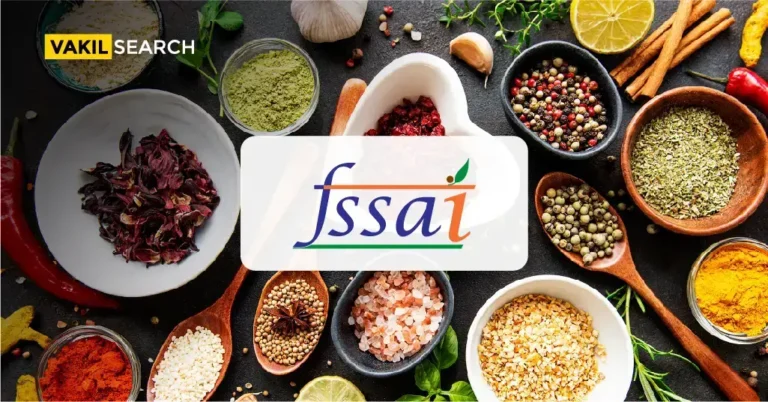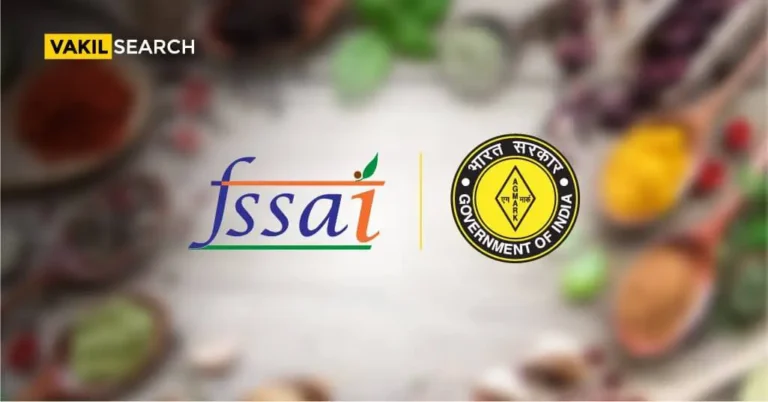Get insights into FSSAI's standards for genetically modified foods in India, including testing and approval requirements, and their implications for human health and the environment.
In today’s world, advancements in biotechnology have led to the creation of genetically modified organisms (GMOs) that are designed to have specific characteristics. Genetically modified foods from GMOs are becoming increasingly popular worldwide due to their high productivity and improved quality.
However, their use is still debatable, with concerns about their potential risks and long-term effects on human health and the environment. In India, the Food Safety and Standards Authority of India (FSSAI) has established regulations for genetically modified foods to ensure their safety and protect the health of consumers.
What Are Genetically Modified Foods?
Genetically modified foods are products derived from organisms whose DNA has been modified in a laboratory through genetic engineering techniques. Genetic engineering involves the introduction of new genes into an organism to improve its characteristics.
The genes may come from another organism of the same species or from a different species altogether. Genetic modification can be done on various crops, including corn, soybean, cotton, and canola, to improve their yield, quality, and resistance to pests and diseases.
FSSAI’s Regulations on Genetically Modified Foods
In India, the FSSAI is responsible for ensuring food safety and setting standards for food products. The authority has established regulations for genetically modified foods to ensure their safety and protect public health. The regulations are in line with international guidelines and standards and are periodically reviewed to ensure their relevance.
Labeling of Genetically Modified Foods
The FSSAI has made it mandatory for all food products containing genetically modified ingredients to be labelled. The labelling must indicate that the product contains genetically modified ingredients, and the label must be easily visible to the consumer.
This regulation ensures that consumers know what they are consuming and can make informed decision about their food choices.
Testing of Genetically Modified Foods
The FSSAI has also established guidelines for the testing of genetically modified foods. The guidelines specify the parameters for testing, including the type of tests to be performed, the sample size, and the analytical methods to be used. The testing is done to ensure that genetically modified foods do not pose any risks to human health and are safe for consumption.
Approval of Genetically Modified Foods
Before a genetically modified food product can be sold in India, it must be approved by the FSSAI. The approval process involves thoroughly evaluating the product’s safety, including its potential risks to human health and the environment.
The evaluation considers the product’s intended use, the genetic modification process, and the potential for unintended effects. The FSSAI may require additional testing or information before granting approval.
Safety Assessment of Genetically Modified Foods
The safety assessment of genetically modified foods involves a comprehensive evaluation of the product’s safety. The assessment considers the potential risks to human health, including allergenicity, toxicity, and nutritional value.
It also considers the potential impact on the environment, including the potential for spreading the genetically modified organism to other organisms or the environment. Internationally recognised protocols and guidelines carry out the safety assessment.
Benefits of Genetically Modified Foods
Genetically modified foods have several benefits, including:
-
Increased Yield
Genetically modified crops are designed to resist pests and diseases, which can lead to higher crop yields and improved food security.
-
Improved Quality
Genetically modified crops can be designed to have specific qualities, such as increased nutrient content or improved taste.
-
Reduced Use of Pesticides
Genetically modified crops are resistant to pests and diseases, reducing the need for pesticides and herbicides, which can harm the environment and human health.
-
Environmental Benefits
Genetically modified crops can help reduce soil erosion and the use of fertilisers, which can help protect the environment.
Concerns about Genetically Modified Foods
Despite the potential benefits, genetically modified foods also raise concerns about their safety and potential risks. Some of the concerns include:
-
Allergenicity
There is a concern that introducing new genes into an organism may create new allergens, which can be harmful to some individuals.
-
Unknown Long-term Effects
The long-term effects of consuming genetically modified foods are still unknown, and there is a concern that they may have unintended consequences on human health and the environment.
-
Contamination
There is a concern that genetically modified crops may crossbreed with non-genetically modified crops, leading to the spread of genetically modified traits to other crops and the environment.
-
Ethical Concerns
There are concerns that genetic modification may be ethically questionable, particularly when it involves introducing genes from different species.
Conclusion
The use of genetically modified foods is a contentious issue that has raised concerns about their safety and potential risks. In India, the FSSAI has established regulations for genetically modified foods to ensure their safety and protect public health. The regulations include labeling of genetically modified foods, testing, and approval before they can be sold in India.
The safety assessment of genetically modified foods considers potential risks to human health and the environment. Despite the potential benefits of genetically modified foods, concerns remain about their safety and potential risks. It is important to continue monitoring the safety of genetically modified foods and ensure that their benefits outweigh their risks.
Vakilsearch, a leading legal service provider in India, can assist individuals and businesses in navigating the regulations surrounding genetically modified foods in India. Their team of legal experts can guide compliance with FSSAI’s regulations and assist with obtaining necessary approvals for selling genetically modified foods.
Read More:










